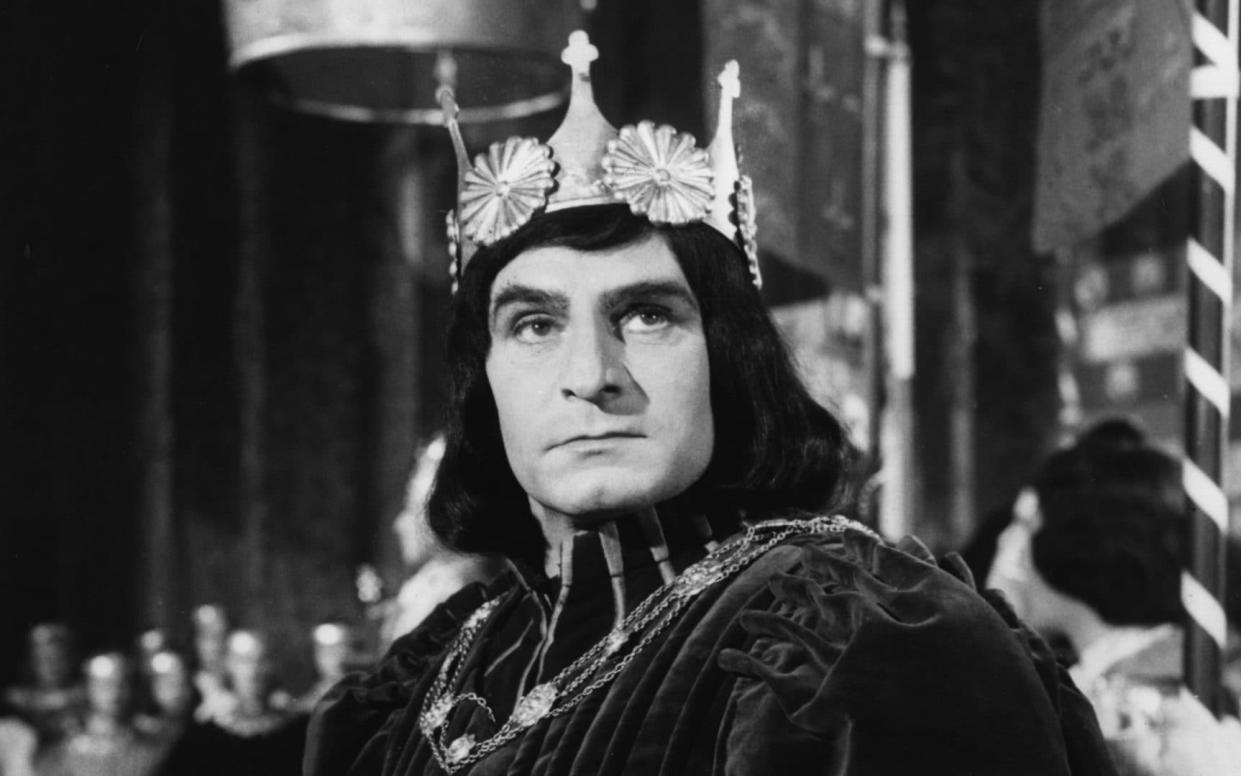Laurence Olivier, Judy Garland and James Dean to narrate audiobooks from beyond the grave

Judy Garland and Sir Laurence Olivier are to narrate audiobooks from beyond the grave under a new deal to clone their voices using artificial intelligence (AI).
ElevenLabs, a London-founded business launched by two Polish entrepreneurs, said it had reached deals with the estates of Ms Garland and Sir Laurence to use their audio likenesses in a new app.
The late actors will lend their voices to ElevenLabs’ Reader App, where users will be able to pick celebrities to read their favourite novels – a product it has dubbed “Iconic Voices”.
“It’s exciting to see our mother’s voice available to the countless millions of people who love her,” said Liza Minnelli, a representative of the Garland Estate and Ms Garland’s daughter.
“Our family believes that this will bring new fans to Mama.”

As well as Ms Garland and Sir Laurence, people will be able to listen to digital versions of James Dean, the Rebel Without a Cause actor who died in 1955, and Burt Reynolds.
ElevenLabs was founded by London-based Mati Staniszewski and former Google engineer Piotr Dabkowski.
It develops AI technology specifically to mimic people’s voices. It raised tens of millions of dollars and is valued at over $1bn.
Dustin Blank, of ElevenLabs, said: “Judy Garland, James Dean, Burt Reynolds and Sir Laurence Olivier are some of the most celebrated actors in history.
“We deeply respect their legacy and are honoured to have their voices as part of our platform.”
The deal is the latest example of celebrities’ estates using technology to find new ways of generating money. Over the last decade, the likenesses of Michael Jackson and rapper Tupac have been projected as holograms at live shows after their deaths.
Living artists are also starting to utilise the technology, with Abba earning money off their likenesses through the Voyage show in London, where the band’s songs are performed by holograms.

Recent advances in AI promise to make these types of shows and deals far more common.
However, the developments have caused panic in Hollywood. The threat of AI triggered a 118-day strike by Hollywood actors last year, amid fears studios could replace them with AI. New tools could enable films generated entirely by software. Actors’ likenesses could also be copied by digital avatars.
AI-generated voices have also provoked controversy. In May, OpenAI – the business behind ChatGPT – was criticised after it created a synthetic voice for its app that sounded similar to Scarlett Johansson.
Ms Johansson famously voiced an AI in the 2013 film Her and the actress claimed OpenAI unsuccessfully tried to hire her before simply mimicking the sound of her voice. The company denied copying her voice but paused the roll-out of the AI product in response to her claims.
The rise of digital voice clones has also prompted fears they could be used to spread disinformation. In January a deepfake clip of Joe Biden’s voice was used to make robocalls in the US. ElevenLabs later banned an account believed to have created the clip.
Similar AI audio technology has been created to mimic Sir Keir Starmer, Sadiq Khan and Wes Streeting during the UK General Election.
